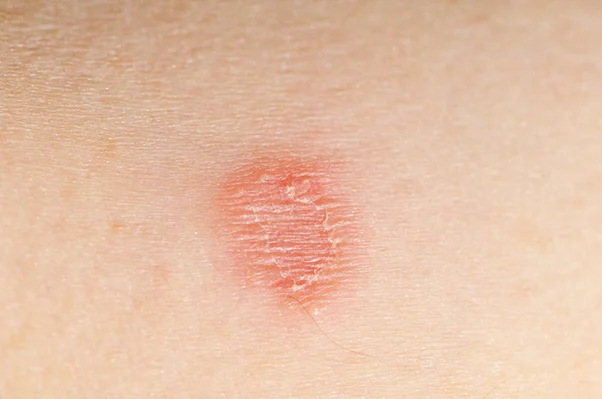Discoid eczema is called as such because it causes disc-shaped spots to appear on the skin of the individual. Sometimes they are dry and crusty, but in some instances they may also be oozing with clear liquid. By the way, discoid eczema is also sometimes referred to as nummular eczema or nummular dermatitis.
The signs and symptoms of discoid eczema may be bothersome alright. However it’s not something contagious. This means that you cannot get it from someone who suffers from it even if you come into contact with his or her skin or the disc-shaped spots themselves.
Read on to know some of the most important things about discoid eczema such as its symptoms, causes and remedies. Don’t forget to repost this article afterwards to get your family and friends acquainted with this skin condition, too.
Signs and Symptoms
Discoid eczema got its name from the fact that it tends to cause disc-shaped spots to show up on the skin. Those spots may look kind of like coins, and they can come in different colors such as red, pink and brown. The skin around the spots may appear reddish, inflamed or scaly.
Commonly, those disc-shaped spots appear on the arms and legs. However, it’s not unlikely for them to also eventually appear on neighboring areas such as the hands, feet and torso.
Some of the spots may feel itchy, while others may cause a burning sensation. At times they may be oozing with clear liquid that can dry up and become crusts.
In some instances, the crusts formed are yellowish in color. This usually indicates that a secondary infection is present, which means that the disc-shaped spots have been attacked by bacteria. It’s important for such secondary infection to be seen and treated by a doctor in order to fend off complications.
Causes
To date, no one really knows what causes discoid eczema to strike. However, doctors are quite sure that some people are simply more susceptible to developing it as a result of having personal or family history of certain medical condition such as asthma, allergies and atopic dermatitis, which is a skin condition that is characterized by the presence of rashes that are itchy and scaly.
Experts say that there are some risk factors for discoid eczema, which are things that can increase an individual’s chance of having the skin condition. Some of these risk factors include stress, living where the climate is cold and dry, skin dryness, skin injury or trauma, and the presence of a skin condition.
Someone who is exposed to certain types of irritants found in personal care and household products, workplace and the environment may also be at risk of ending up with discoid eczema.
Treatment
Unfortunately for those who are suffering from discoid eczema, there is no known treatment for their skin condition. However, there are various home remedies available for managing the signs and symptoms. A few lifestyle changes can also keep flare ups at bay.
Keeping the skin properly hydrated especially after taking a bath or shower is recommended. Such is best done with the help of a mild and an unscented skin moisturizer. For dealing with itchiness, wet compresses may be applied. There are also OTC antihistamines that may be taken by the individual in order to deal with the signs and symptoms.
It’s very important for someone who has discoid eczema to identify triggering factors so that they may be avoided and thus put the skin condition under control. Some of the well-known triggers of discoid eczema that should be avoided include stress, too much contact with water, exposure to irritants, and getting a cut, scrape or wound.
